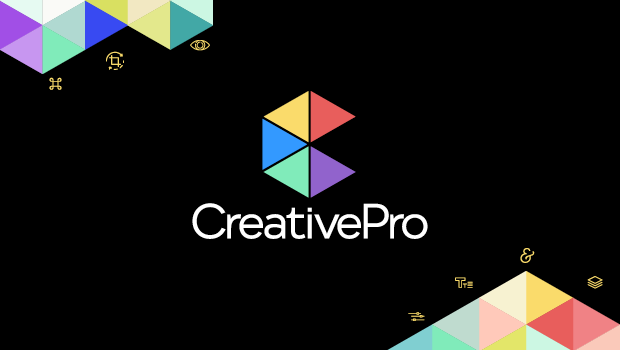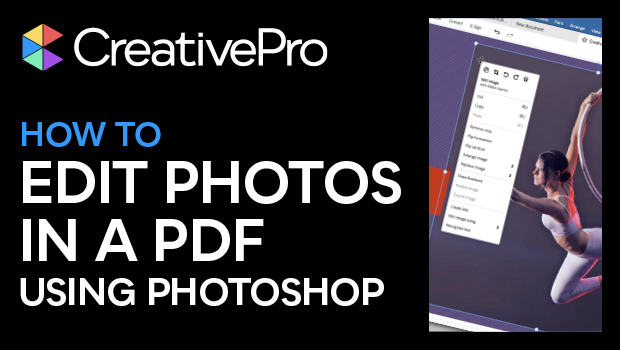Notes From the Epicenter: The Not-So-Good Old Days

Last week I watched the 1976 film “All the President’s Men.” Robert Redford and Dustin Hoffman play “Washington Post” reporters Woodward and Bernstein on the trail of the story that ultimately destroyed Nixon’s presidency. What’s surprising about this film is not that two regular joes managed to bring down a president, but that they did it armed only with telephones and a couple of typewriters. This would seem to belie a driving conviction I’ve held for the past five years: that there was no life (and certainly no productivity) before the Web.
Like Looking Back in Time
Seeing footage of a newsroom filled with typewriters is about as shocking as seeing pictures of men in ties and rolled-up shirtsleeves smoking cigarettes at their office desks. I can’t help but wonder, “They let people do this stuff back then?” But then, they let people listen to the Bee Gees back then, so a lot has changed. But what’s most amazing to me is that they got anything done in those innocent pre-Web days.
What Is the Internet For?
In the past few years, as we’ve witnessed the rise and fall of the dot-com, an ever-present topic of national conversation has been the usefulness, and viability, of the Web. Can you make money with an online-only business? Can you sell Web advertising? Will people really do their shopping on the Web? Is the Web really all that necessary? As the “Wild West” haze of the Internet bubble burns off and the mere power needed to run the Web is in high demand, these questions become even more pointed, but we’re starting to find answers. If we’re ever to find a meaning for the Web, it won’t be easily gotten. We’re going to need time and the clarity of hindsight to know for sure what it is.
There are some things we can know about the Web right now. Just as we know how our other media work — that television advertising is profitable and that people really will order clothes from a catalog — what we know about the Web are things we don’t always notice at first. What we know about the Web are the little conveniences, and time savers that prompt us every so often to turn to a coworker or friend and say, “Can you imagine this without the Internet?”
Information at Your Fingertips
When I started working as a journalist, the age of the Web was already well underway. I use the Web for something every day in my professional life, which is why I can’t fathom how Woodward and Bernstein could gather enough information to write an analysis of Nixon’s foreign policy, much less uncover a far-reaching domestic conspiracy, without the power of the Web.
Surprisingly, however, it doesn’t, as one might expect, take the place of all the tools Woodward and Bernstein had at their disposal. The Web does not, for instance, take the place of the telephone (although how journalism was possible before that invention is beyond me). I still call sources, and I still gather information by talking to actual people. The Web does not take the place of a newspaper (though it’s true that many people read their news in pixels rather than ink these days). I still have the New York Times delivered to my doorstep and I’m still more likely to read the Nation when it comes in the mail than when I log onto its site. The Web doesn’t even take the place of my phone book. No matter how convenient www.yellowpages.com may be, sometimes it’s still easier to see things listed on a page.
So what does the Web do for me? Simple. The Web is my background. The Web is my starting point. The Web, in many cases, is how I know what I know. How do I know which visiting scholar at the Hoover Institution can comment on a story I’m working on? I check the Web site. How do I know which PR person at Hewlett-Packard handles the company’s printer business? I check the Web site. How do I know the name and curriculum vitae of the director of a nonprofit I’m researching? I check the Web site. How do I know the specs on the last three software products Adobe released? You get the idea.
The Best Research Tool Yet
The Web has revolutionized the field of journalism not only by saving us writers a pile of money in phone bills, but also by allowing us to research a story before we start to do interviews — and to do this research at all hours of the day (or night). I can go to a magazine or newspaper’s Web site and search stories by keyword. I can even search white papers and meeting transcripts by keyword. (I can’t imagine having to go to the library and load a microfiche reader. I don’t even know what one looks like.)
In short, the Web allows me to make decisions without having to bother as many people, and to ask more-informed questions when I am ready to talk. It seems like a small thing, but it’s the small things that make the Web work, and that make us wonder what we ever did without it.
Read more by Andrea Dudrow.
This article was last modified on January 8, 2023
This article was first published on March 12, 2001
Commenting is easier and faster when you're logged in!
Recommended for you

CreativePro Week Preview: 5 Can’t-Miss AI Sessions
Our Editor in Chief lists his must-see sessions on the topic of AI at CreativePr...

Scanning Around With Gene: The Signpost Up Ahead
I like things that change slowly and aren’t as subject to fashion as most graphi...

How to Edit Photos in a PDF Using Photoshop
Learn how to modify a photo in a PDF with a little help from Photoshop. Once the...



